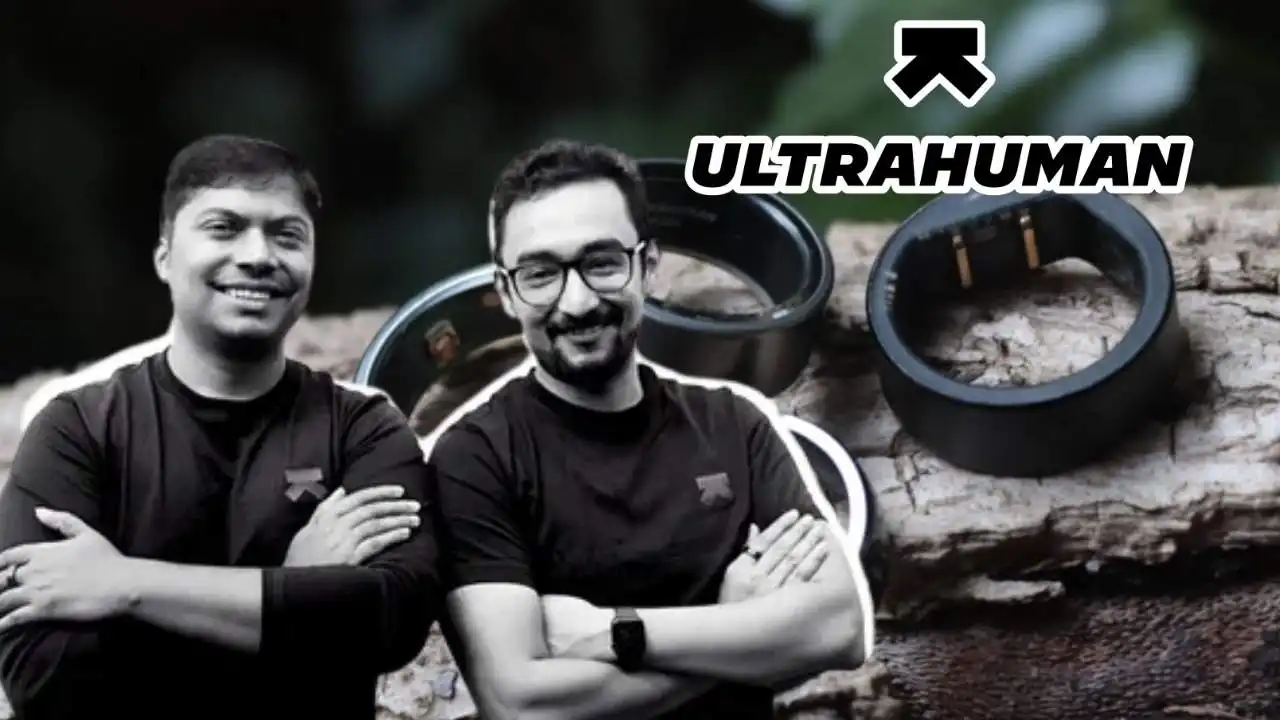Indian wearable brand Ultrahuman has started a major legal battle against Oura, the Finnish smart ring giant. The case is about claims that Oura stole technology made by Ultrahuman for health tracking.
What Is The Dispute All About?
Ultrahuman says Oura’s Ring 4 uses its own patented design and sensors. Both rings measure sleep, recovery, and give advanced features for health. Ultrahuman claims Oura copied things like women’s health tools, circadian rhythm alerts, and glucose tracking, which are protected under Indian patents and are part of its famous Ring AIR line.
Why Does This Matter For India?
India is quickly becoming an important hub for health tech. Ultrahuman, which operates out of India, wants to defend homegrown ideas and show Indian research to the world. They have built a strong base with products like M1 glucose monitors, biomarker analysis, and free user data access—unlike other brands that make users pay high subscription fees.
What Are Both Companies Saying?
Ultrahuman says it’s focused on helping Indians control their health data. Its key features are free, and the firm invests in design, local manufacturing (including its Texas facility), and accurate tracking for Indians. The lawsuit is about protecting years of hard work. Ultrahuman feels Oura benefits unfairly from its research and uses patent law aggressively to stop rivals.
Oura has answered that the India lawsuit is just to distraction from Ultrahuman’s defeat in US courts. There, Oura won a decision blocking Ultrahuman and RingConn from selling in America for violating Oura’s patents. Oura insists its inventions came first and says Ultrahuman copied their work. Their win in US courts is, they claim, proof that they invented these technologies.
What Does It Mean For Indian Users?
This fight could decide the future of wearable health gadgets in India. If Ultrahuman wins, it will show the strength of Indian innovation and give users more choices and cheaper options. If global brands keep enforcing broad patents, Indian users will get fewer choices at higher prices.
The Road Ahead
The Delhi High Court will soon decide who owns these technologies. With Indian health tech booming, defending innovation is crucial for everyone. Both brands promise to keep improving their rings and offering new features, even as the court case continues.
India is keeping a close watch. The result can redefine smart ring options, putting Indian science and consumer interests at the heart of the tech world.
